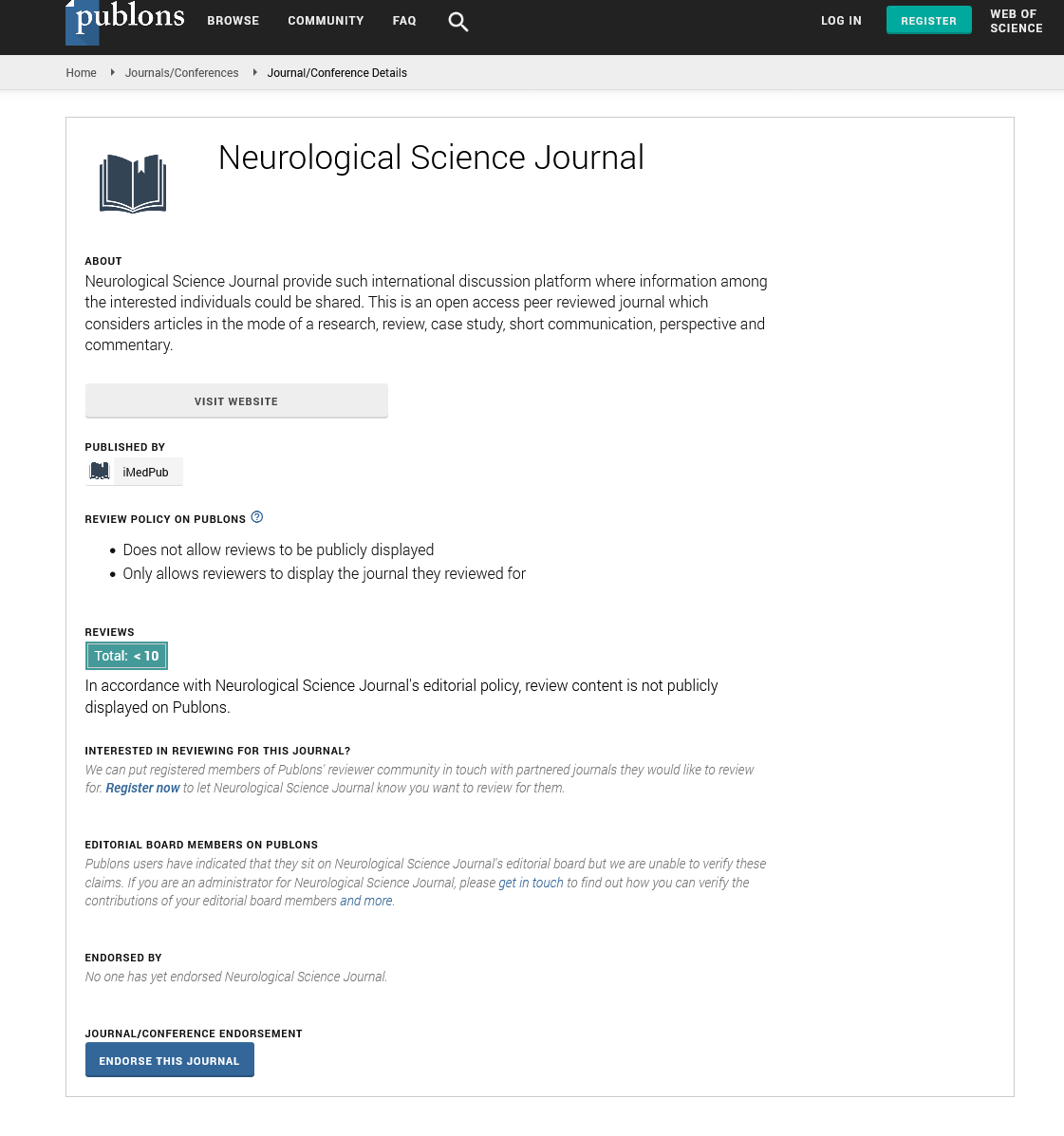Abstract
Precision teaching: A dynamic match for education in neurosurgery
Neurosurgical education in medical school lacks a cohesive structure, reiterated by widespread variability in curriculum content. Of increasing use in medical education, precision teaching (PT) comprises a standardized, targeted teaching approach with quantifiable outcomes. Herein, we detail our use of PT as a model for creating a global set of neurosurgery learning objectives for medical students, evaluating for its educational efficacy and clinical practicality.
Methods: We enrolled 14 medical students in the project, each of whom expressed interest in neurosurgery and participated voluntarily. Participants ranged from years two through four of their medical school training, included one MD/PhD candidate, and represented four US medical schools. Participants were randomly assigned to five groups. The study design included participation in weekly hour-long educational sessions taught by a multidisciplinary team comprising a neurosurgeon with expertise in brain and spine tumors, a neurosurgery PGY-1 resident, and a PT specialist. Groups then formulated PT-based learning objectives for assigned subtopics. Faculty participants from each subspecialty assessed for accuracy and functionality and provided targeted commentary, which was addressed with appropriate content modifications. Participant feedback was obtained continuously throughout the study.
Results: Through student participants’ evaluations, a PT-based model was found to clearly identify and systematically construct learning objectives with pinpointed and measurable outcomes. The collaborative and multidisciplinary nature of the project was found to be advantageous. The objective determination of learners’ successful knowledge and skill acquisition yielded favorable feedback and lended additional practical value. The magnitude of content was found to vary by subspecialty, with timeline for production modified accordingly.
Conclusion: We demonstrated that with the use of PT, a global set of measurable neurosurgery learning objectives for medical students can establish a targeted curriculum and a means for objectively determining successful knowledge and skill acquisition.
Author(s): Laurel A. Seltzer, Ryan E. Radwanski , Susan C. Pannullo.
Abstract | PDF
Share This Article
Google Scholar citation report
Citations : 11
Neurological Science Journal received 11 citations as per Google Scholar report
Neurological Science Journal peer review process verified at publons
Abstracted/Indexed in
- Google Scholar
- Publons
Open Access Journals
- Aquaculture & Veterinary Science
- Chemistry & Chemical Sciences
- Clinical Sciences
- Engineering
- General Science
- Genetics & Molecular Biology
- Health Care & Nursing
- Immunology & Microbiology
- Materials Science
- Mathematics & Physics
- Medical Sciences
- Neurology & Psychiatry
- Oncology & Cancer Science
- Pharmaceutical Sciences
